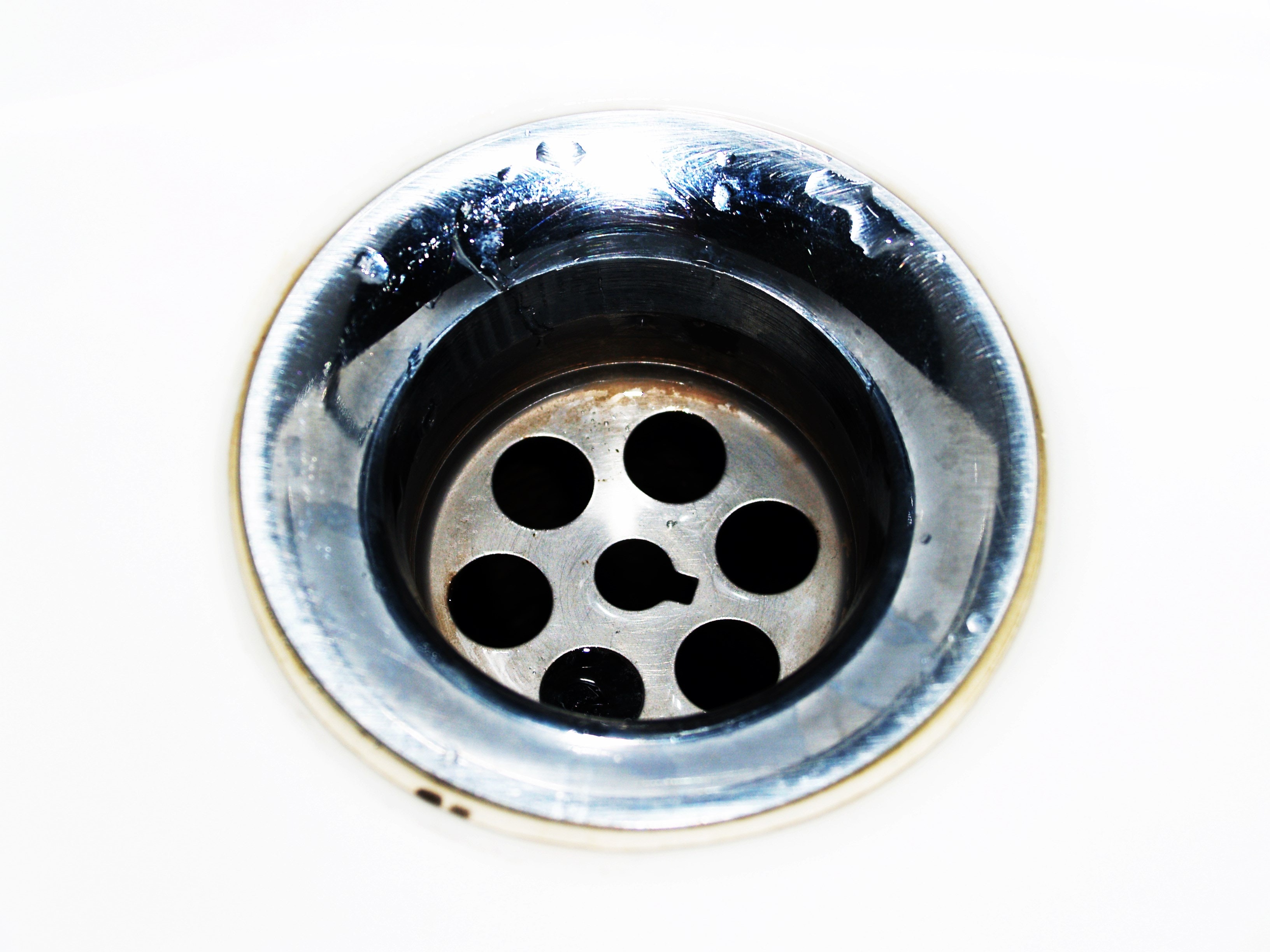Summer Vacation Plan to Visit Dubai
August 11, 2019Residents encouraged to join their local Community Council as elections open
August 12, 2019
With Scottish Water reaching a milestone in tunnelling Paisley’s new sewer in April this year, thoughts to turn what we can do to ensure it is kept in good condition after completion. The excavation of Paisley’s medieval Abbey Drain leaves an awareness of drainage high in our minds, and with warnings about fatbergs frequent, residents are keen to learn how we can make sure our new drainage system serves us well.
Warnings Of Fatbergs
Over 20 tonnes of fat were removed from Fife sewers earlier this year, prompting Scottish Water to warn of the risks posed by fatbergs. Fatbergs form when fat and solid waste build up and congeal in pipes, eventually clogging sewers and resulting in overflow above ground. While regulations are in place to ensure that all pipes and fixtures are kitemarked and come from suppliers like EasyMerchant, who are compliant with British Standards, no sewage system is immune from the risk of fatbergs forming.
Prevention of fatbergs is the responsibility of the residents and businesses a sewage system serves. To avoid the risk, human waste, toilet tissue and water should be the only things entering the sewers. Unflushable waste like wet wipes, sanitary items and cooking fats must be disposed of by alternative means: if emptied into the drainage system, these items will build up over time, eventually resulting in fatbergs, thousands of pounds worth of damage, and risks to public health.
Could Paisley Be At Risk?
All urban settlements are at risk of creating a fatberg if residents are not adequately educated about proper waste disposal. Modern living sees an increased production of fatty foods and single-use plastics, which increases the risk of blockages in the sewers. Town centres, where fast food restaurants and takeaways tend to accumulate, are at particularly high risk because of the amount of cooking oil used. Discovery of a fatberg is rarely made until it is too late: build-ups of fat and solid waste go undetected until they become a problem. To date, Paisley has not suffered from a fatberg problem, and with our new sewer on its way, we are presented with a clean slate and a unique opportunity to keep our system running smoothly from Day 1.
Our Responsibility
In order for Paisley to protect its new sewer, residents and businesses are encouraged to dispose of waste properly. Common contributors to fatbergs are cotton buds, dental floss and single-use wipes: these should all be disposed of in the bin, or recycled if possible. Fats and oils solidify inside pipes, creating a much narrower space for sewage to pass through, and these items should be cooled and disposed of in the bin. Restaurants using large quantities of oil are encouraged to collect used oil and have it taken away and disposed of appropriately. Residents, meanwhile, should avoid washing any solid matter down the sink, and should compost or bin any food waste.
Paisley is presented with a unique opportunity to start again with its protection of the new sewage system, and with a collective effort from residents and business owners alike, we can avoid the risk of our town every being known for a fatberg.
